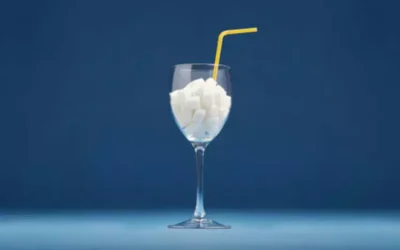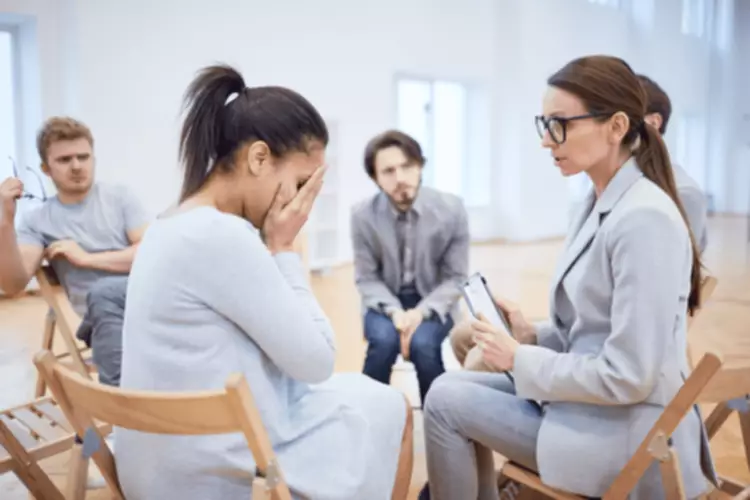Alcohol and Dehydration: Does Alcohol Dehydrate You?
Content
Studies have shown that the diuretic effect of alcohol, especially at high consumption levels, can lead to a negative fluid balance. In other words, the total amount of fluid lost can exceed the volume consumed in the form of beer. This happens because the alcohol content of the beer leads to increased urine production, while the process of metabolizing alcohol also requires water, further depleting the body’s https://ecosoberhouse.com/ water reserves. Alcoholic beverages such as beer, wine, and liquor increase urine output and could cause dehydration if consumed in large amounts. Caffeinated energy drinks may also contain ingredients that increase urine production and contribute to dehydration. Therefore, it’s best to moderate your intake of energy drinks and alcoholic beverages and pair these drinks with plenty of water to stay hydrated.
Keeping your blood sugars well-balanced can be a win-win for your hydration. “Diabetes is a condition characterized by high blood sugar levels due to the body’s inability to produce or properly use insulin,” says Parnacott. He explains how the metabolic condition could stimulate dehydration in two ways. After consuming alcoholic beverages, how long does it take to rehydrate?
Why does beer get me more drunk than hard alcohol?
At the time of drinking, alcohol in beer causes increased heart rate temporarily. However, in the long term, overconsumption of beer can result does alcohol dehydrate you in an ongoing increase in heart rate. Besides, someone who has an existing cardiovascular ailment will not benefit from drinking beer at all.

Feelings of being overly tired, headaches, faintness, and nausea can all occur. Symptoms become more severe with each alcoholic beverage consumed. Medical attention may be needed when you go too long without the water that you need. When a person recognizes their symptoms of dehydration early on, they can often drink a lot of water or an electrolyte beverage and be able to hydrate the body at home. While there are a few clear loopholes (non-alcoholic beer still counts as beer), the general consensus would be that most beer does not hydrate you.
Group Therapy for Alcoholism
He is a lover of good quality beer and believes that drinking in moderation can form part of a healthy lifestyle. Sunburn etc is my main concern, but dehydration is a close second. While I can talk about 2% beers and hydration strategies, the truth is that almost all of the beer on sale in pubs and bars is over 5% in strength. Meaning that the ratio of hydration to dehydration is not in our favour. There are a lot of misconceptions about alcohol and dehydration, and the media has been responsible for most of this.
It makes your body burn fewer calories than it would do normally. The body then burns acetate for energy and the excess fat remains stored in parts like the hips and belly (3). The consumption of non-alcoholic beer is a smart strategy to remain hydrated since any beverage with less than a 2 percent alcohol by volume (ABV) will rehydrate rather than dehydrate you. Many alcohol-free beers are also isotonic, which means that they are readily absorbed by your body. What is the minimum amount of alcohol required to dehydrate you?
Does Beer Hydrate or Dehydrate the Body? (Transcript)
Since you have consumed a diuretic (like beer), you want to avoid other diuretics to get your fluid levels back to normal and avoid dehydrating yourself more. Avoid any other factors that might negatively influence your fluid absorption. The best way to rehydrate after drinking alcohol is to drink a lot of water. Beverages with electrolytes have also been found to be effective in rehydration.
- When alcohol is consumed it soaks up some of the water that the body needs.This means that the water needs to be replenished so that a person does not become dehydrated.
- The liver convertsglycogeni XA stored form of glucose found in the liver and muscles that provides energy to cells and helps regulate blood sugar levels.
- So basically there’s a chemical inside your body called ADH which regulates the amount of urine that you excrete, so you’re trying to keep water inside your system.
It can create hunger pangs and will leave you gorging on more food. This can be countered by taking a proper meal before gulping down beer. Alcohol-induced dehydration is more likely to occur if an individual drinks alcohol on an empty stomach or does not drink enough non-alcoholic fluids while consuming alcohol. People who are already at risk of dehydration should avoid or limit their alcohol consumption. Overindulgence in alcoholic beverages can lead to dehydration in a number of different ways.
A 2016 study published in the American Journal of Clinical Nutrition assigned a beverage hydration index (BHI) to various drinks that would determine hydration status after ingestion. Second thing you have to understand is that if you weigh 80 kilos then your body generates about 80 ml of urine per hour. If you’re 100 kilos, it’s a 100 ml of urine – 110 is a 110 ml of urine per hour. And also the alcohol you’re taking into your body interferes with the mechanisms that regulate the water in your body. So basically there’s a chemical inside your body called ADH which regulates the amount of urine that you excrete, so you’re trying to keep water inside your system. Any hard liquor when combined with a sugary mixer — like juice or soda — takes on more calories and carbohydrates.

Additionally, carbonated alcoholic drinks may also be more dehydrating than non-carbonated drinks. Ultimately, it is important to drink plenty of water when consuming alcohol, regardless of the type of drink, to avoid dehydration. Dehydration happens when your body loses more water than it can replenish—often causing symptoms. If your urine is dark, you’re thirsty or you have a persistent headache, it may be time to crack open a water bottle. While dehydration is common, certain conditions can trigger it, including illness, exercise, aging, diabetes, kidney disease, alcohol intake and eating disorders. If you have a serious medical condition, always seek your medical provider’s help navigating your water needs.
As part of the nutrition team, she edits and assigns nutrition-related content and provides nutrition reviews for articles. Maria Laura is a trained dietitian, almond butter lover and food enthusiast with over seven years of experience in nutrition counseling. Coffee generally has about 95–165 mg of caffeine per 8-ounce (oz) cup. In fact, 10 grams of alcohol makes you produce 100 mL (3.38 fl. oz.) of urine [2]. It was maybe half a percent, so you could basically drink it all day long without it having much of an effect, much like shandy that you buy now in a tin can. StyleCraze provides content of general nature that is designed for informational purposes only.